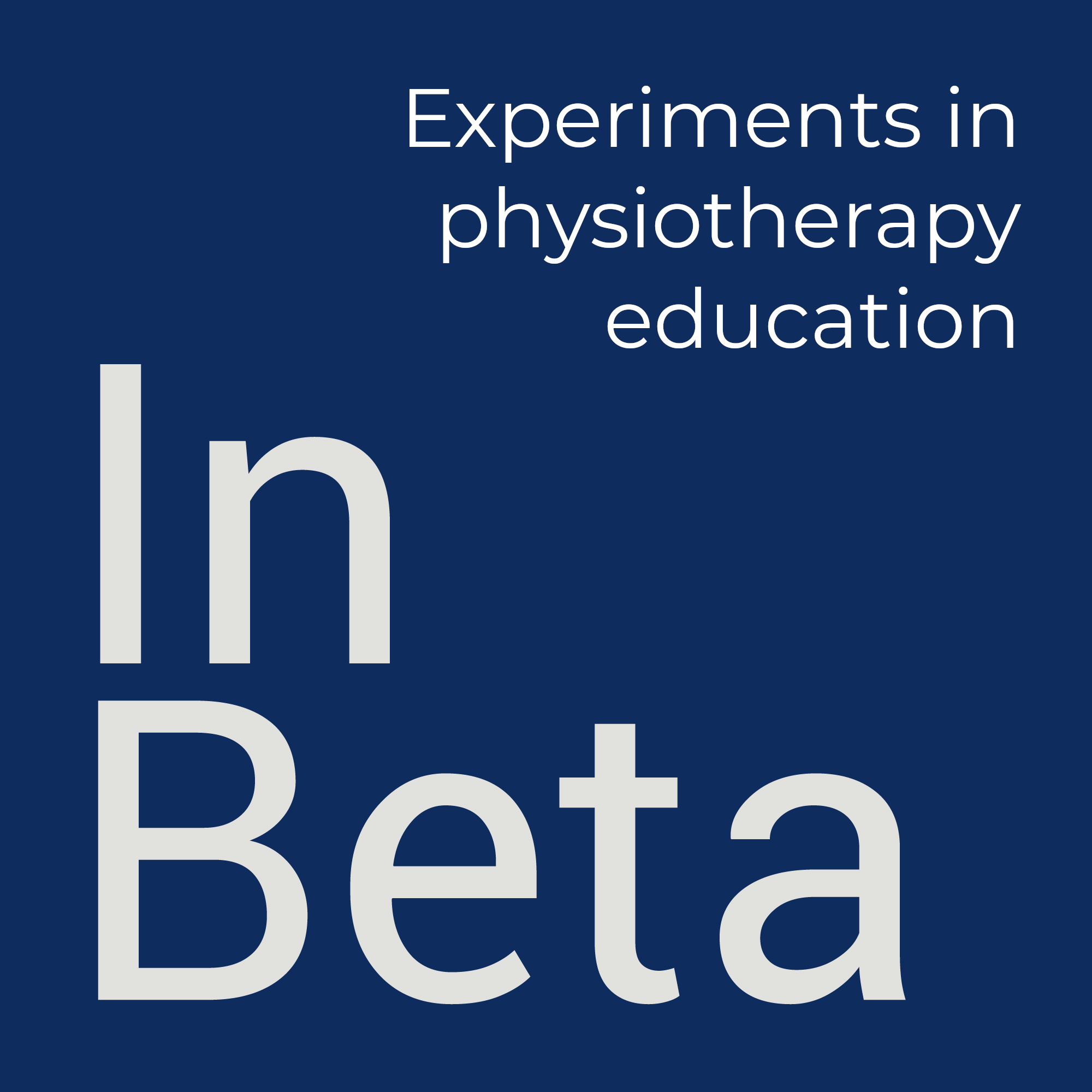For education… always has had, and always will have, an element of danger and revolution, of dissatisfaction and discontent.
W.E.B. Du Bois
Podcast
Gooblar, D. The Missing Course. Teaching in Higher Ed podcast
In this episode of the Teaching in Higher Ed podcast, Bonnie Stachowiak speaks to David Gooblar about how teachers are almost never taught how to teach.
The conversation also covers feedback and how we might think differently about its purpose, especially as it relates to helping students develop as part of a process, rather than a summative judgement of their performance. Thinking of feedback as teaching might help us move towards a mindset of opening up options for students rather than closing them down. When we spend much of the margin space dedicated to telling students what they’ve done wrong, we send signals that those are the most important things they need to think about. In other words, we’re saying “Don’t take chances. Don’t risk anything.” But if teaching is about creating spaces for students to learn then taking risks is important.
It also helps if each learning activity isn’t structured as a single, isolated task that ends in a grade. What if the outcome were only to be evaluated at the end of a series of tasks, and that the feedback on each task was explicitly aimed at helping the student develop their thinking towards the final outcome? There’d be no need for summative assessment of each task, and students might actually pay attention to the feedback since it would be aimed at helping them improve in the next task.
This is a great episode and really got me thinking about my own practice and the changes I can make to improve.
Article
Dall’Alba, G. (2009). Learning Professional Ways of Being: Ambiguities of becoming. Educational Philosophy and Theory, 41(1), 34–45.
The purpose of professional education programs is to prepare aspiring professionals for the challenges of practice within a particular profession. These programs typically seek to ensure the acquisition of necessary knowledge and skills, as well as providing opportunities for their application. While not denying the importance of knowledge and skills, this paper reconfigures professional education as a process of becoming. Learning to become a professional involves not only what we know and can do, but also who we are (becoming). It involves integration of knowing, acting, and being in the form of professional ways of being that unfold over time. When a professional education program focuses on the acquisition and application of knowledge and skills, it falls short of facilitating their integration into professional ways of being. In addition, through such a focus on epistemology (or theory of knowing), ontology (or theory of being) is overlooked. This paper explores what it means to develop professional ways of being where the focus is becoming, not simply knowing as an end in itself.
One the hallmarks of a traditional physiotherapy curriculum is an overarching emphasis on knowledge and skills, with a little bit covering attitudes. However, knowing and doing things are necessary but insufficient for becoming a physiotherapist. Linking back to the podcast in the previous section, we can argue that the role of the teacher is about creating space in which students can develop (i.e. to become) rather than existing simply as a conduit for specialised knowledge. If teaching is about helping students to become, it could free us from the burden of spending the bulk of our time simply trying to “cover content”. This emphasis on knowing and doing things can often paralyse even those with the best of intentions, as we focus on content and thus limit the creativity and passion that is more often associated with finding creative ways for students – and us – to become something more; to be transformed.
Resource
Godin, S. (2014). Stop stealing dreams (PDF)
I know that Seth Godin isn’t a teacher in the traditional sense of the word but he has given a lot of thought to the challenges we face in education, and more specifically, the context in which learning takes (or does not take) place. In 2014 he published Stop stealing dreams, a manifesto (actually, it’s a book) exploring the question, What is school for?
The dreams we need are self-reliant dreams. We need dreams based not on what is but on what might be. We need students who can learn how to learn, who can discover how to push themselves and are generous enough and honest enough to engage with the outside world to make those dreams happen.
I think we’re doing a great job of destroying dreams at the very same time the dreams we do hold onto aren’t nearly bold enough.
While Seth may not be the first person you think of when you’re wondering how to change your teaching, I’m pretty sure you’ll find some interesting ideas in his writing. And if the 99 page book is too long, you can watch the 17 minute TEDx talk here.
